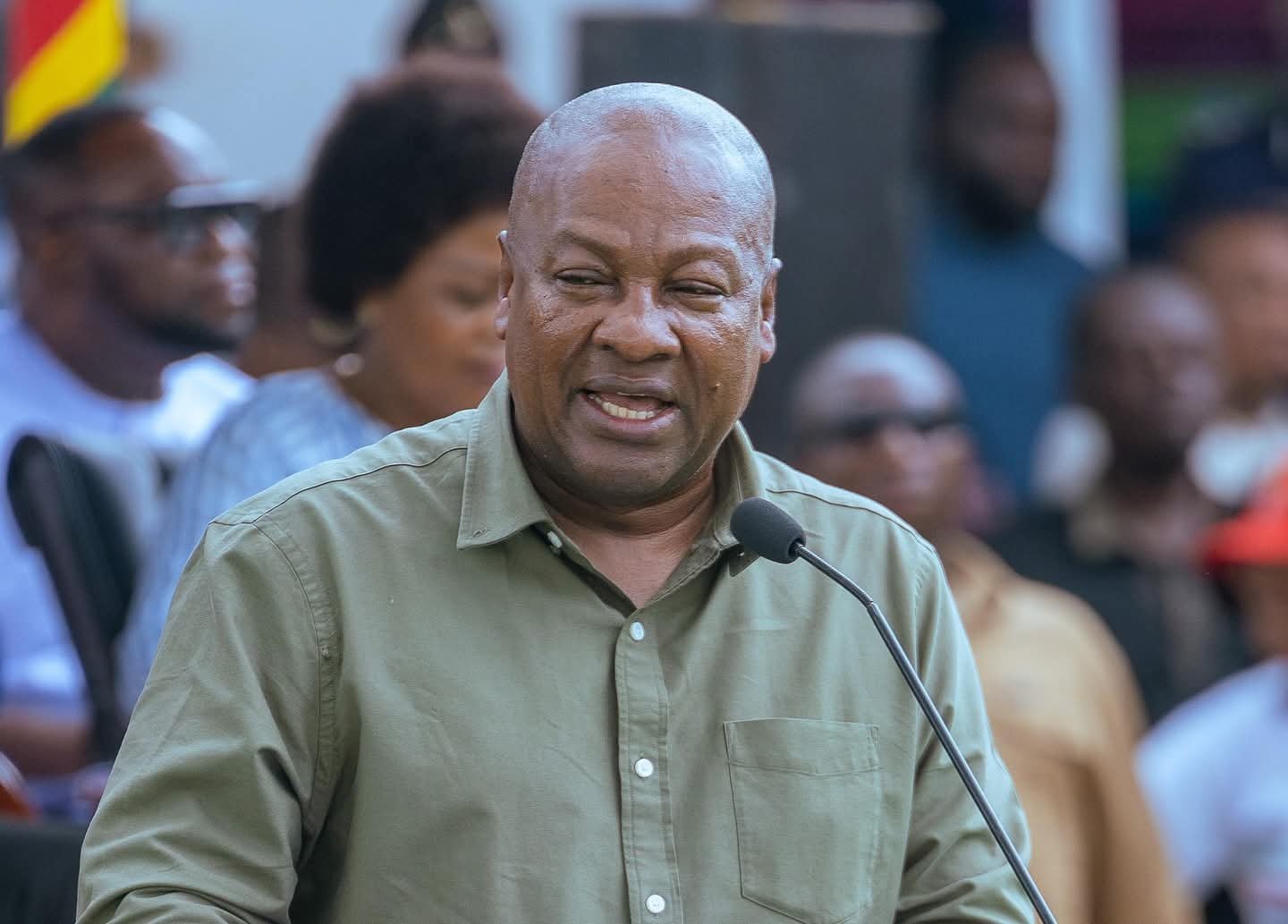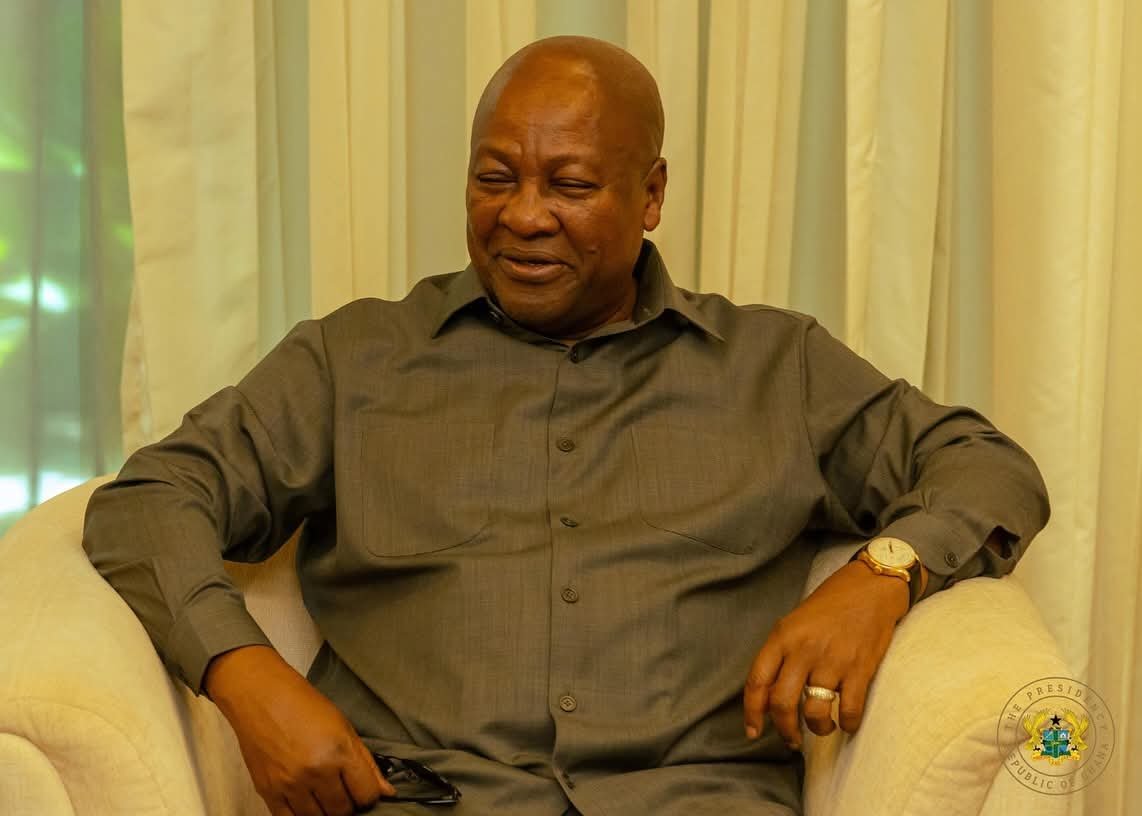News
Early childhood education in Finland
Today, I write on Early Childhood Education, an important aspect of the Finnish educational system which I admire so much.
According to research and other official information, in a population of 5.5 million in Finland, 74.6 per cent of people aged 25 to 64 have completed Upper Secondary or tertiary education. And, 33.2 per cent have university or other tertiary qualifications.
What intrigues me more is the aspect of early childhood education and how play is used as an important way to help children learn at school. Another aspect is the less number of hours that children spend at school, but which has been effective for students’ learning abilities.
As I have been saying, the Finnish educational system is regarded as one of the best in the world and is admired even by other highly advanced, rich countries.
Universalism in education
Finland has a fee-free education at all levels from pre-primary to higher education. In pre-primary and basic education the textbooks, daily meal and transportation for students living further away from the school are free.
According to the “Education in Finland” series, published by the Finnish Ministry of Education and Culture and the Finnish National Agency for Education, a central objective of the Finnish education policy is to offer all citizens equal opportunities to receive education.
The structure of the education system reflects these principles. The same educational opportunities should be available to all citizens irrespective of their ethnic origin, ages, wealth or where they live.
One of the basic principles of Finnish education is that all people must have equal access to high-quality education and training. (Only students from non-European Union and non-European Economic Area (EEA) pay tuition fees in higher education (university level), which came into effect about three years ago.
Early childhood educational curriculum
Every child in Finland from 10 months to six years has a right in early childhood education, which is backed by the Finnish law of early childhood education, 549/2018.
Researchers point out that one of the key principles of the early childhood education curriculum system is universalism, meaning that every child should have access to quality educational services.
Play-based learning, less home-work
Many research reports have emphasised how teachers are trained and are expected to be sensitive towards children’s feelings and personal well-being.
Play-based learning at school is highly encouraged. Teachers are expected to encourage children to learn through playing, while teachers are encouraged (or expected) to encourage children in that direction.
There are different practices of play, and children are viewed as active agents for play and learning. The setting in the room, time allotted, and the general atmosphere are all considered enabling factors to help children learn.
Children easily enter play-based activities and watched over to solve problems thus learn by doing things.
Students in primary and even higher level have only five hours per day in school. For children in early education, they also have little home work outside of school.
Thank you.
By Perpetual Crentsil
The writer is a Ghanaian lecturer at the Helsinki University in Finland
News
Steps underway to repeal L.I 2462 – Prez assures

President John Dramani Mahama has assured Ghanaians that steps are underway to repeal Legislative Instrument 2462 as part of efforts to protect the country’s forests and water bodies.
During his media encounter at the Jubilee House, the president explained that the repeal will formalise the ban on mining in forest reserves and strengthen enforcement against illegal mining.
He stressed that his administration is committed to safeguarding the environment, reclaiming degraded reserves, and deploying more personnel to protect river bodies across the country.
By: Jacob Aggrey
News
9 forest reserves recovered from illegal mining – President Mahama

President John Dramani Mahama has announced the recovery of nine forest reserves from illegal mining under his government’s intensified environmental protection drive.
Addressing journalists at the Jubilee House, the president explained that hundreds of excavators, water pumps and other equipment have been seized as part of the operation, while degraded areas are being reclaimed and restored.
He reaffirmed his administration’s commitment to end mining in protected areas, deploy more personnel to safeguard river bodies and strengthen laws to secure Ghana’s natural resources for future generations.
This notwithstanding, President Mahama revealed that two of the retrieved forest reserves had gone back into the hands of illegal miners, however, adequate measures have been put in place to reclaim them.
By: Jacob Aggrey






